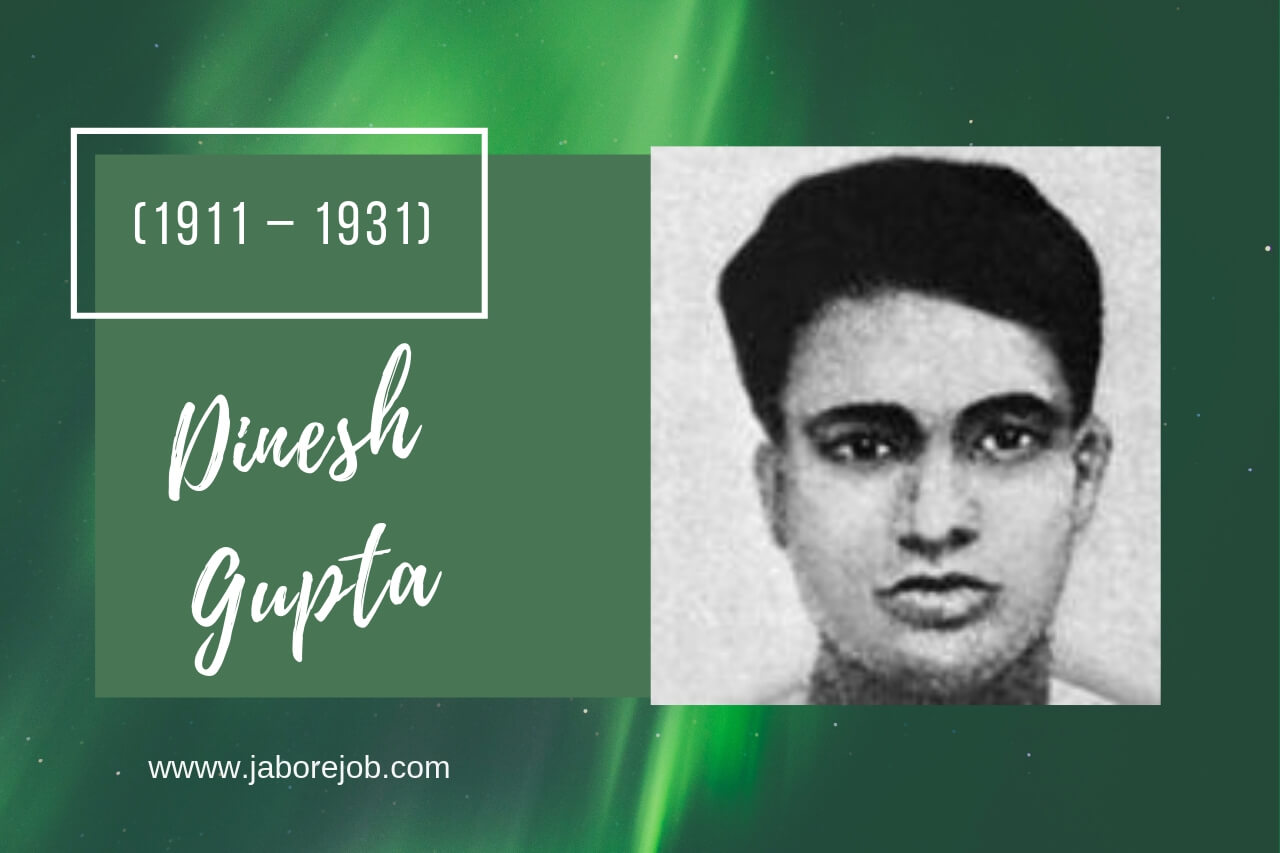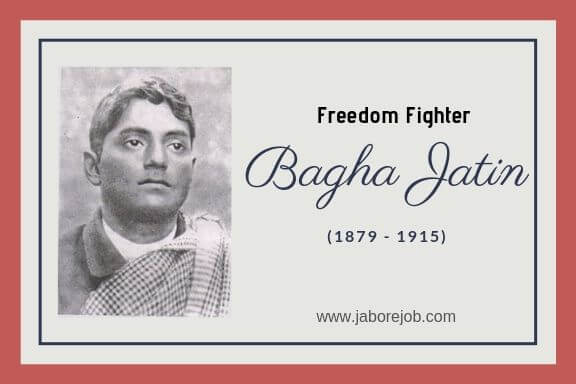Jayaprakash Narayan was an independent activist from India and a great political leader of India. It was commonly known as JP and Loknayak, which means the chief of the masses.
Jayaprakash Narayan was a famous communist and social reformer. He was a great personality who participated vigorously in the struggle for freedom against the British. He was imprisoned several times during the national movement of India.
Narayan was well known as a person who led the opposition to Indira Gandhi for calling for a peaceful revolution.
JP Narayan played an important role in the Quit India movement and gained a lot of respect and fame for his active participation.
Jayaprakash Narayan Biography
| Name | – | Jayaprakash Narayan |
| Date of Birth | – | 11th October 1902 |
| Birth Place | – | Saran, Bihar |
| Education | – | University of California, Berkeley, Patna College |
| Nicknames | – | Lok Nayak, JP |
| Books | – | Nation Building in India, Jayaprakash Narayan, MORE |
| Movement | – | Quit India, Sarvodaya, JP Movement |
| Date of Death | – | 8th October 1979 |
| Death Place | – | Patna, Bihar |
History of Jayaprakash Narayan
Narayan was born in the remote village of Sitabdiara, located between Uttar Pradesh and Bihar. His father’s name was Harsu Dayal Srivastava, who worked as a junior officer in the channel department of the state government.
Jayaprakash Narayan was called Baul by others affectionately. He stayed with his grandmother to study in Sitabdiara.
As there was no secondary school in the village of Sitabdiara, Jayaprakash went to Patna to study at the university school. He was an intelligent student at his school.
He was very talented in essay writing. He wrote an essay with the title “The current state of Hindi in Bihar”. He won the best essay prize for this essay in school.
Jayaprakash Narayan Career
Narayan joined Bihar Vidyapeeth which was founded by Dr. Rajendra Prasad. Bihar Vidyapeeth is specially designed to motivate young talents.
Narayan was one of the first renowned Gandhian students, Dr. Anuragh Narayan Sinha, who was a close associate of Mahatma Gandhi.
Jayaprakash Narayan married Prabhavati Devi. His wife was also a freedom fighter in her own way. She was a devoted disciple of Kassandurba Gandhi.
Prabhavathi was the daughter of Brij Kishore Prasad, who was a famous nationalist, lawyer, and former Gandhian of Bihar.
Political activities of Jayaprakash Narayan
After completing his studies, he participated actively in the political work for the Indian National Movement. He returned to India and joined the Indian National Congress.
The great freedom fighter Jawaharlal Nehru invited Jayaprakash Narayan to the Indian National Congress in 1929. Mahatma Gandhi became the Congress Advisor.
During the Indian Independence movement, Jayaprakash was arrested, imprisoned, and tortured several times by the British. He participated vigorously in the Quit India movement and gained special attention during this period.
Narayan was arrested for civil disobedience against the British and put in Nasik prison. Narayan received the Bharat Ratna Award, the most important civil prize in India for social work.
He participated in various political activities and lent his service for the independence of India.
Jayaprakash Narayan’s Concept of Total Revolution
Jayaprakash Narayan once declared that the Total Revolution is a combination of seven revolutions, namely, political, social, economic, cultural, ideological or intellectual, educational and spiritual; and the main reason is to bring about a change in the existing society according to the ideals of the Sarvodaya.
JP had a very idealistic notion of society and it was in this effort that he moved from Marxism to socialism and later to Sarvodaya.
In the early 1970s, JP withdrew completely from the politics and power of the party and focused more on social regeneration through peaceful means.
This did not mean that JP was silent as long as social and political degeneration took root in political freedom.
To improve the situation, despite his great age, he had committed to work and achieve a complete change in the political and economic life of India.
At first, he tried to organize people and make them aware of the situation, then he appealed to the leaders.
But without any response, he began to organize young people to save democracy from degeneration and called this revolution a total revolution. The movement took off when there was rioting in Gujarat and it continued in Bihar.
In 1974, the riots in Bihar turned into mass protests by the population to provoke a change in the political, social, and educational system.
At this point, JP announced a quadruple action plan to paralyze the administration, the introduction of Gram Swarajya, and the establishment of a popular government.
In explaining the term “popular government,” JP said it would be a small unit of democracy at the village, panchayat, or block level, if possible at all three levels.
These units were considered as the sources of the people’s power in times of peace, injustice or tyranny, and mainly for the reconstruction of society on the basis of equality and the eradication of poverty, oppression, and exploitation.
JP has also asked the people of Bihar and all of India to unite by cutting off their individual interests and from their parties.
His motivation behind the Bihar students was to achieve a complete change in the entire structure of the government and the Indian political system. It is for this reason that he called it a total revolution.
JP presented the concept of a total revolution in a very complete way. His attachment to socialist and humanist ideas was very evident in the idea of total revolution.
It aimed to uproot the corruption of political and social life in India. In addition, JP wanted to create conditions in which people living below the poverty line could obtain the minimum level of subsistence.
Therefore, the total revolution as a means to bring a Gandhian humanist version of an ideal society.
Towards the end of his life, JP revealed his thoughts on India and the ideals he has fought for all these years.
He explained that the India of my dreams is a community in which each person, each resource is dedicated to serving the weak community, dedicated to “Antyodaya”, to the welfare of the poorest and the poorest.
However, his dream remained unsatisfied despite his long struggle throughout his life.
Death of Jayaprakash Narayan
In March of 1979, Narayan entered the hospital for the treatment of diabetics and heart disease. The treatment given to Narayan was not successful.
Jayaprakash Narayan died on 8th October 1979 in Patna, Bihar. He died 3 days before his 77th birthday. The cause of his death was severe diabetes and a heart problem.












